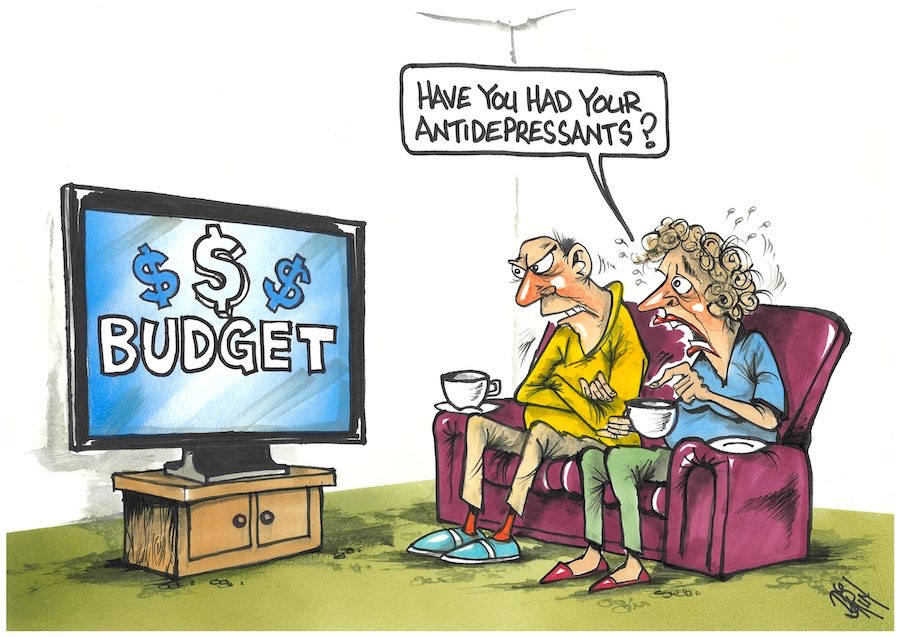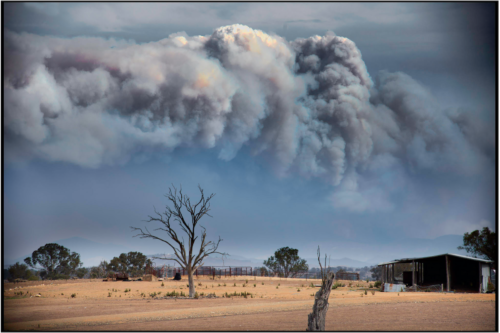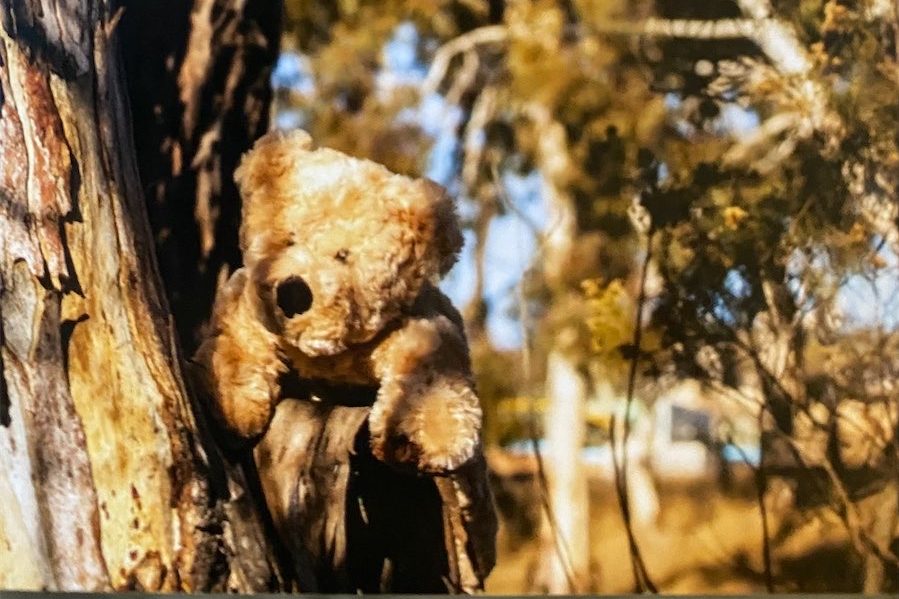Letter writer MURRAY MAY, of Cook, says the return of the Barr government suggests there is a good proportion of people in Canberra cashed up and untroubled by rising rates and taxes.
THE election win returning a Barr government suggests a good proportion of people in Canberra are cashed up. Rising residential rates and substantial land taxes are apparently of little concern for many people.
 A so-called “progressive” Labor/Greens government will drive the continuing concreting over of yet more green spaces in Canberra.
A so-called “progressive” Labor/Greens government will drive the continuing concreting over of yet more green spaces in Canberra.
We can expect to see more long lines of greenhouse-gas-intensive concrete pouring trucks assisting the construction of still more high-rise buildings across the landscape. These appear to be primarily black or grey, rather than anything even close to green in colour or intention.
Murray May, Cook
Equal access to higher education
OUR higher-education system gives us the next generation of qualified professionals, problem-solvers and researchers.
It also provides the foundational experiences and knowledge young people need to realise their potential. Equal access to higher education is vital for everyone; a person’s social or cultural background or disabilities should not present insurmountable hurdles.
Twenty-five per cent of the Australian population can be classified as coming from a low socio-economic background, this group represents less than 15 per cent of Australian university students. Indigenous people are also significantly under-represented in Australian universities, as are the people from regional and remote areas.
The current imbalance in higher-education participation in a society such as Australia, a country that prides itself on equality is not justifiable.
For disadvantaged students to achieve better outcomes in higher education there must be more capacity in access and support for students. Students from disadvantaged backgrounds often need more support to achieve their educational goals and to believe that their dreams are possible.
Many universities such as ANU have mentoring programs and scholarships set up by institutions and individuals to help disadvantaged students achieve access. It is important for all of us to help disadvantaged students when we can to give them hope and a fair chance.
Joanne Wheelahan, Civic
Betrayed on climate change
ROBERT Macklin (“How politicians have deserted climate change”, CN, October 14) made an understatement when he said that our politicians have betrayed us on climate change.
According to the World Bank, the average person caused 100 tonnes of carbon dioxide emissions during the first Kyoto Protocol period (1990-2012). The average Australian caused almost 400 tonnes.
The world would already have warmed by two degrees if other people had followed our example.
The government’s target is for the average Australian to cause another 250 tonnes by 2030. By 2050 our average net emissions are likely to rise to 800 tonnes.
If the world is to meet the Paris Agreement goal of keeping global warming to less than two degrees, then for every tonne of CO2 that Australians have caused since 2012, someone, somewhere else, will have to agree to cause a tonne less than their fair share of emissions.
When our politicians talk of “zero net emissions by 2050” they really mean that Australians will merely stop adding to the 800 tonnes or so of net emissions that we will have already caused.
Leon Arundell, Downer
Turn power surges into hydrogen
CEDRIC Bryant (Letters, October 15) is on the right track about hydrogen as a car fuel, but does not go far enough.
In most countries, the main problems with hydrogen are the amount and type of fuel used to generate it.
If a fossil fuel, such as natural gas (mostly methane – CH4), or even worse, coal is used to supply the electricity for production of hydrogen by the best known but least efficient method, electrolysis of water, the net reduction in CO2 emissions is minimal.
If the most-used method of hydrogen generation, known as steam methane reforming, is used, one part of carbon dioxide (CO2) is produced for every two parts of water.
Lately there has been much comment about surges, or sharp peaks, of electricity from Australia’s vast and growing number of solar panels, that the National Electricity Market finds difficult – even impossible at times – to manage.
This problem offers a near-ideal solution to emissions-free hydrogen production. Instead of “dumping” surplus electricity, it could be used for producing hydrogen by electrolysis – a process that can be turned on or off as the electricity supply demands.
Dr Douglas Mackenzie, Deakin
Drunkenness not a defence
PERIODICALLY there are court cases where the defence for people who were highly intoxicated by alcohol or illicit drugs, or both, and allegedly committed murder, is that they were unable to form an intention to murder.
On face value this can be easily accepted. However, in my view it begs further examination in the cause of justice, especially for the victim’s family.
What is not mentioned as coming under consideration, in the many reports I have read, is that a person has a responsibility before the law not to self-cause their inability to know right from wrong by breaking a law – eg public drunkenness, and also not to self-cause their ability to deviate from the social norm – ie holding an intent not to murder – again by breaking a law.
Colliss Parrett, Barton
How sincere are they?
CLIVE Williams (“What really irritates me…”, CN, October 22) rightly criticises the hypocrisy of public speakers prefacing their remarks by saying: “I’d like to acknowledge the traditional custodians of the land…”.
How many of them could actually name any of these custodians or tell you what they have actually done that is so praiseworthy?
Many times I’ve had to listen to speakers parroting these phrases, only to then give a 30, 40 or 50-minute speech and never mention these custodians again. How sincere are they?
Malcolm Brandon, via email
Who can be trusted?
In a world of spin and confusion, there’s never been a more important time to support independent journalism in Canberra.
If you trust our work online and want to enforce the power of independent voices, I invite you to make a small contribution.
Every dollar of support is invested back into our journalism to help keep citynews.com.au strong and free.
Thank you,
Ian Meikle, editor





Leave a Reply